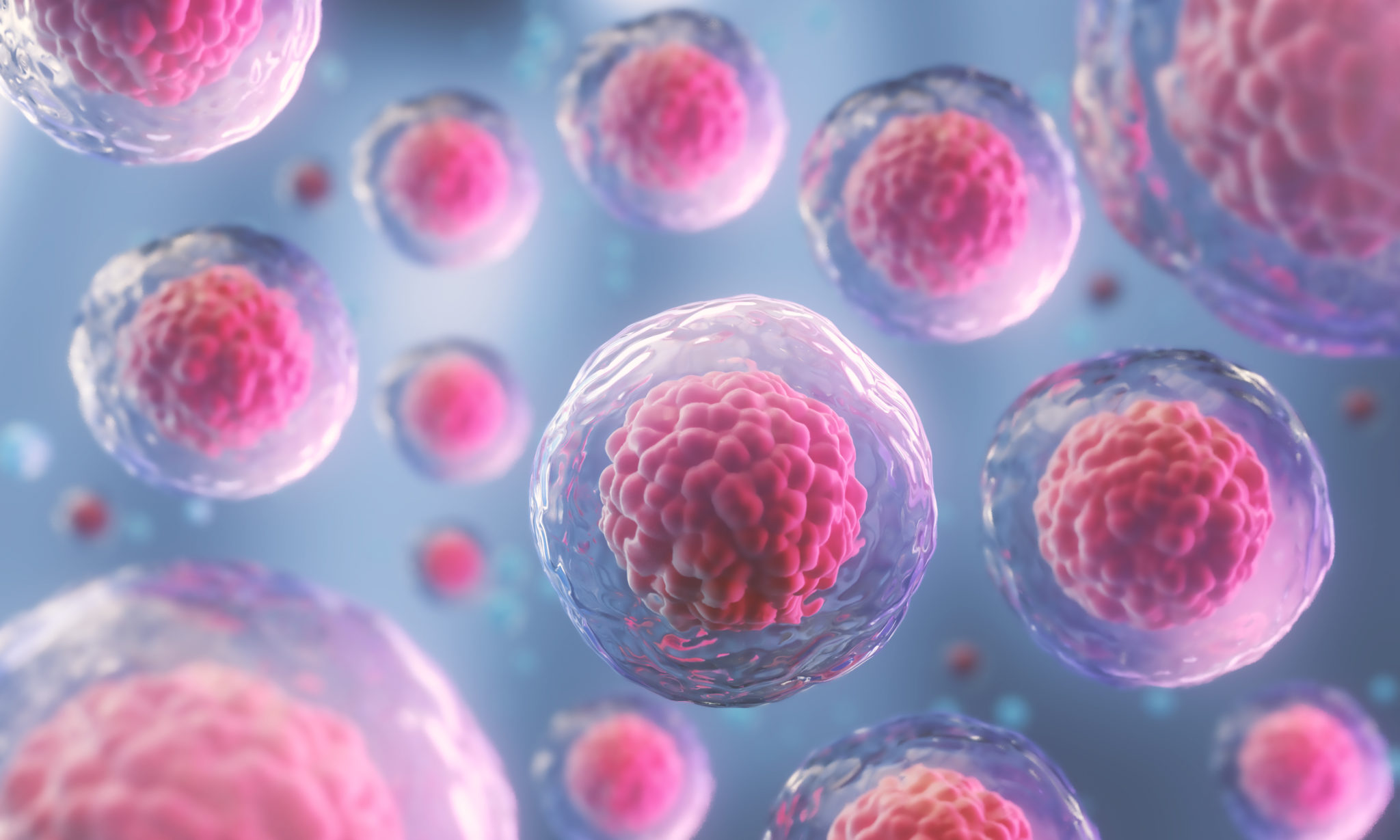In The Human Body, Stem Cells Are Unspecialized Cells

Human bodies contain stem cells, which are unspecialized cells. They have the capacity for self-renewal and can develop into any type of organism cell. Stem cells can be found in both adult and embryonic cells. There are various stages in the specialisation process. Unipotent stem cells are unable to differentiate into as many diverse cell types as pluripotent ones because their developmental potential diminishes with each subsequent stage. To make it simpler for the reader to understand the subsequent chapters, this chapter will concentrate on the classification of stem cells.
Totipotent Stem Cells have the ability to divide and give rise to all cellular types in an organism. The greatest potential for differentiation exists in totipotency structures, which have the ability to generate both extra- and embryonic tissues. One variety of totipotent is a zygote. A cell that is created when a sperm and an egg are fertilised. One of the three germ layers or the placenta could potentially arise from these cells. The inner cell mass of the blastocyst starts to develop pluripotency after around 4 days. Pluripotent cells are produced by this organelle.
Read More:
Click Here For the Stem Cells Market Press Release